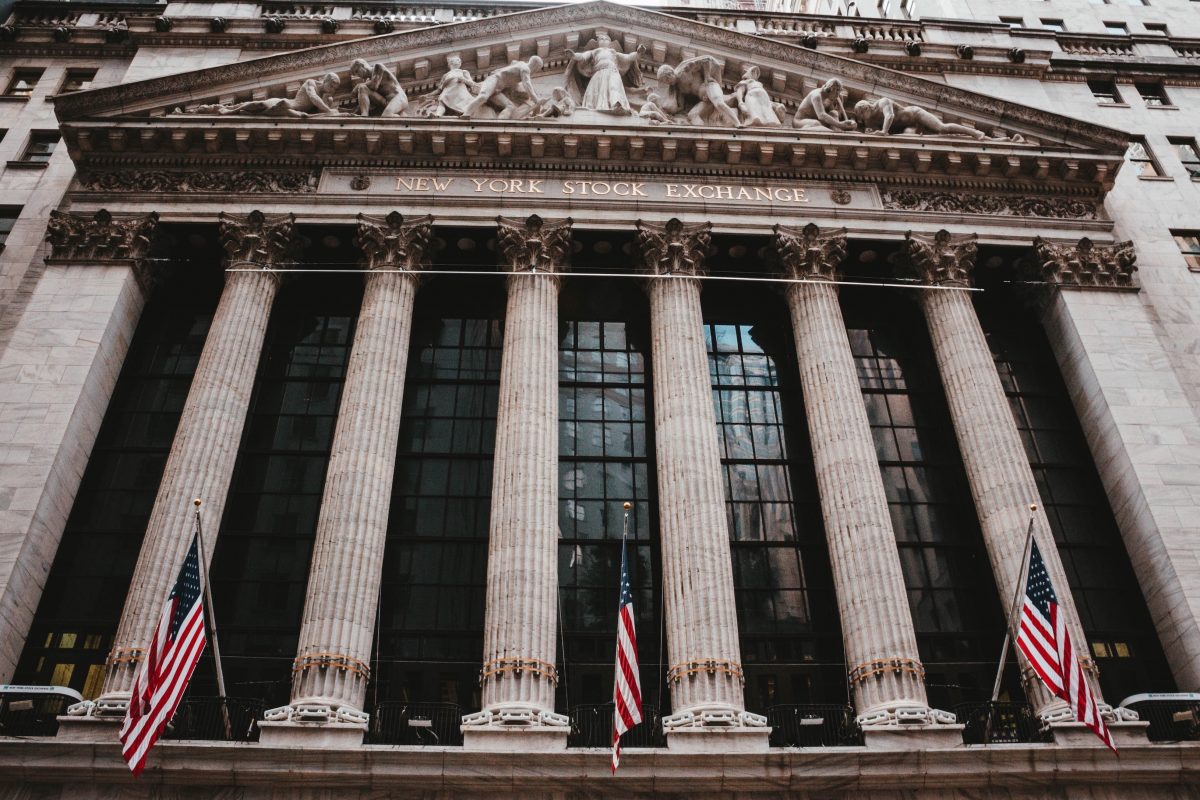
Hardly a day goes by without someone suggesting a cure for the ills of active fund management. Cutting fees seems the obvious solution to me if the industry wants to stem the flow of assets out of actively managed funds. Simply trading less frequently would surely also make a big difference.
One of the arguments we hear most often from those within the industry is that the answer lies in higher conviction, or “real” active management, and it’s a view I do have sympathy with.
The widespread practice of closet index tracking — in other words, charging active fees for effectively hugging the benchmark — is a stain on the asset management industry. As well as being fundamentally dishonest, it almost guarantees that, after costs, the investor will underperform a comparable index fund.
“Real” active managers, on the other hand, genuinely try to beat the market by investing in a smaller number of stocks which they believe will outperform.
Over the long term, only a tiny proportion of active managers outperform the market on a cost- and risk-adjusted basis — David Blake from Cass Business School puts the figure at around 1%. One thing those very few winners have in common, the evidence shows, is that they tend to be high-conviction managers with relatively concentrated portfolios. Understandably, then, the high-conviction approach is being heralded by some as the answer to the overwhelming failure of active managers to outperform.
But is it? For a start, a manager can can have high conviction and yet be completely wrong. Deviating from the index doesn’t mean you’ll see better returns than the market; it means you can expect different returns, which could either be better or worse.
New research by Tim Edwards and Craig Lazzara at S&P Dow Jones Indices suggests that far from solving active management’s problems, moving towards portfolios with fewer holdings may well exacerbate them. In a paper entitled Fooled by Conviction, Edwards and Lazzara suggest four likely consequences of active portfolios becoming substantially more concentrated, none of which makes comfortable reading for active investors.
Likely Consequence No. 1: Volatility will probably increase
Portfolios with a large number of holdings are less volatile than those with small number of holdings. So, for instance, if a manager reduces the number of stocks they hold from 100 to 20, the portfolio’s volatility will almost certainly increase.
Likely Consequence No. 2: Manager skill will be harder to identify
It’s already extremely hard to distinguish luck from skill in active management. Think of each stock pick as an opportunity for a manager to demonstrate their skill. The fewer stocks they pick, the bigger the impact that luck is likely to have on the outcome.
Likely Consequence No. 3: Trading costs will rise
There are two reasons, Edwards and Lazzara argue, why costs would probably rise with greater concentration. First, fund turnover would increase. Secondly, transaction costs per trade would also rise, because trading a higher percentage of the outstanding float in a security typically incurs a greater percentage cost.
Likely Consequence No. 4: The probability of underperformance will increase
Stock returns, in technical parlance, are naturally skewed to the right; in other words, the average stock tends to outperform the median. After all, a stock can only go down by 100%, but it can appreciate by more than that. Logically, then, portfolios containing fewer stocks will tend to underperform those with more stocks, because larger portfolios are more likely to include some of the relatively small number of stocks that elevate the average return.
Conclusion
So, what can we conclude from the Edwards and Lazzara paper? As the authors note, skilful managers sometimes underperform, and those who lack skill will sometimes outperform.
“The challenge for an asset owner,” they conclude, “is to distinguish genuine skill from good luck. The challenge for a manager with genuine skill is to demonstrate that skill to his clients. The challenge for a manager without genuine skill is to obscure his inadequacy. Concentrated portfolios will make the first two tasks harder and the third easier.”
Remember, S&P Dow Jones Indices is not a disinterested party in the debate about the rival merits of active and passive investing. It makes its money from licensing its indices for fund managers to use, and therefore has a vested interest in promoting passive strategies.
That said, this latest paper is a valuable contribution to the discussion and one which gives advocates of higher concentration in particular plenty to think about.











